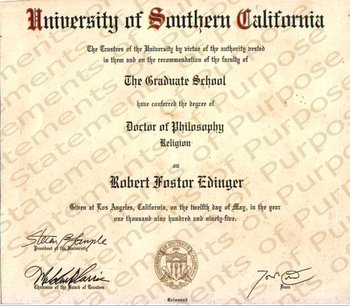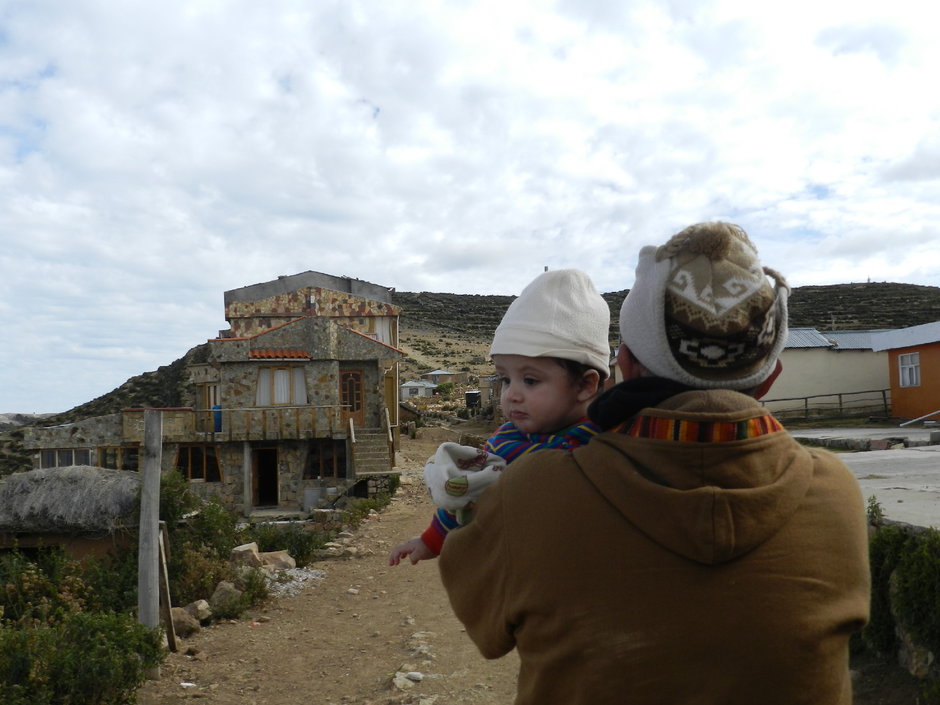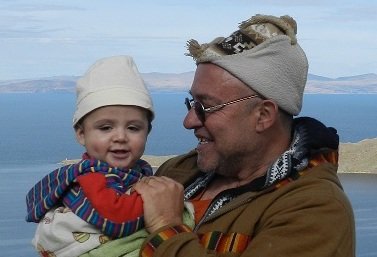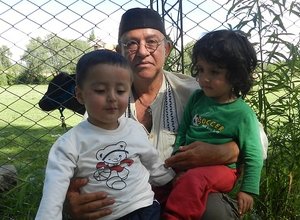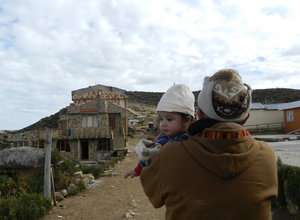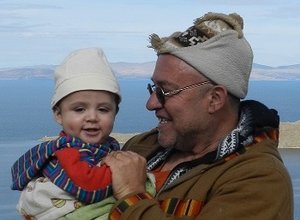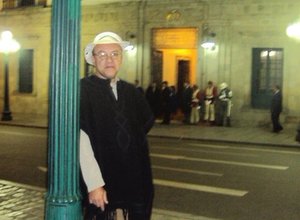Priority Service Checkout US$249.00 (Includes resume or CV edit/enhance/revamp)
Priority Checkout US$199.00 (Statement Only)
Free Consultations: [email protected]
Samples of My Work in Public Administration & Closely Related Areas
- Master’s Public Relations & Corporate Communication
- PHD Degree in Public Policy, Engineer, Saudi Arabia
- PHD. Public Administration, Infant Mortality, Africa
- MPA Masters of Public Affairs, HIV/AIDS, Thailand
- MPA, Educational Administration, Hispanic, Latina
- MA Public Administration Asian-American Woman
- PHD Doctorate Public Policy, Puerto Rico
Statements of Excellence for the MPA
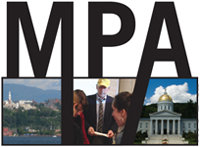
I want to help you get accepted to Graduate School in Public Administration, the MPA
I generally draft several Personal Statements of Purpose for graduate study in Public Administration each month and it is something that I have come to enjoy very much and I like to think that I am getting better and better the more MPA admissions statements I give my all to. I learn something important from each one that helps me to make the next one stronger. I have spent many years paying special attention to what programs and institutions in the area of Public Administration are looking for in applicants, specific qualities, interests, and characteristics that I will emphasize in your essay. Character is especially critical and I am an expert at portraying you on paper. It is all in the wording and I have what I like to think is a natural gift for statement expression.
Let's Be Friends on Facebook! (Click on my picture)
My service is quite different from other statement writing services on the Internet for several reasons. I am the little guy on the web, not a big business like most of my competitors. You deal directly with me. I answer all of your questions completely free of charge and I am solely responsible for producing a statement that you are very pleased with.
Most recently edited Statement Samples.
Please note that I attend to my clients in the order in which I have received their payments. To qualify for my discount price of US$199.00, all you need to do is drop by any Western Union location worldwide, fill out the form, and pay the money. Please note that you also need to pay around US$10.00 to send the money.
